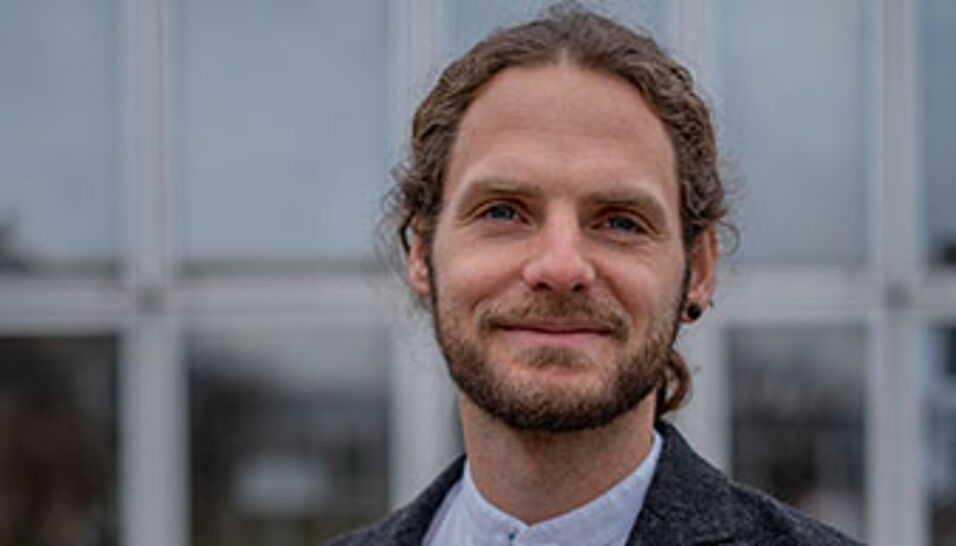What is so fascinating about your research area?
Spatial planning is not an abstract field of research but instead affects and deals with our everyday lives. Through spatial planning, society tries to find a consensus on further development by weighing different goals that should be achieved. This is a constant negotiation and new challenges, such as climate change, need to be addressed and integrated. Planning operates so to say while the heart is beating. This makes this field of research extremely interesting for me, as it is always timely, highly political and relevant for the wellbeing of society and the planet.
Which central message should your students remember?
Planning law is not at all something static and boring. Instead it is a highly sophisticated product of societal negotiations on how to regulate our usage of land. And land matters for us all. I hope students will be enthusiastic about taking a deep dive into a new field that will help understand how society organises our coexistence.
Why did you decide to do research and teach at our Faculty?
Spatial planning is without doubt a very relevant field for addressing many pressing challenges we face at the moment around the globe. Strangely, in Austria there exists only one planning faculty and a few study programs that integrate it in a comprehensive manner. The Faculty of Earth Sciences, Geography and Astronomy is one of the few and it is a privilege to have the possibility to share my knowledge on planning law with students to help them develop their capacities in the field even further.
Which three publications characterise your work?
My scientific career started comparatively late and has been strongly guided by my experiences working as spatial planner. This led to exciting research projects dealing with land policy issues (e.g. public value capture), disaster risk management and climate change adaptation. Furthermore, I was able to contribute over the years to essential publications on spatial planning and planning law in Austria.
Schindelegger, Arthur, and Laura Sidonie Mayr. “Defining the Ground for Land-Use-Based Direct Public-Value Capture in Austria.” Town Planning Review, vol. 94, no. 2, 2023, pp. 173–92, https://doi.org/10.3828/tpr.2021.23.
Thaler, T., Seebauer, S., & Schindelegger, A. (2020). Patience, persistence and pre-signals: Policy dynamics of planned relocation in Austria. Global Environmental Change, 63(102122). https://doi.org/10.1016/j.gloenvcha.2020.102122
Gruber, M., Kanonier, A., Pohn-Weidinger, S., & Schindelegger, A. (2018). Raumordnung in Österreich und Bezüge zur Raumentwicklung und Regionalpolitik (Vol. 202). Österreichische Raumordnungskonferenz.
Thank you & welcome to our Faculty!
- Arthur Schindelegger has worked as a planning consultant in the field and as well as a researcher and lecturer at the Institute for Spatial Planning, Land Policy and Land Management at the TU Wien for many years; recently he pursues his academic career at the moment at the University of Natural Resources and Life Sciences (BOKU). His main research focus lies in the fields of natural hazard management, climate change adaptation, land policy and planning law. In 2020 he joined the World Bank Group as an urban resilience and land use planning consultant, working at the moment with the Republic of Seychelles as well as The Gambia.
- Working Group: Spatial research and spatial planning / Alois Humer
- Lecture in winter term 2023/24: 290101 VU Grundlagen des Bau- und Raumordnungsrechts

